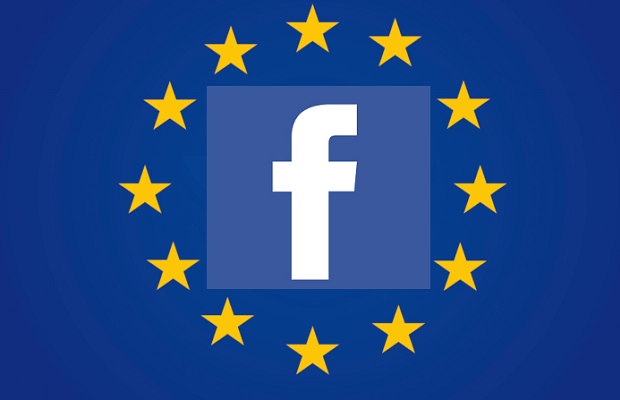Facebook users will have to opt in to tracking to keep using all of the social network’s features, and will not have an option to opt out of tracking all together, ahead of the new GDPR European privacy laws.
The move comes as Facebook users outside the EU will be governed by Facebook Inc in the US rather than Facebook Ireland.
Facebook will use what are known as “permission screens” – pages filled with text that require pressing a button to advance to notify and obtain approval.
The screens will show up on the Facebook website and smartphone app in Europe this week and globally in the coming months, Sherman said.
The screens will not give Facebook users the option to hit “decline.” Instead, they will guide users to either “accept and continue” or “manage data setting,” according to copies the company showed reporters on Tuesday.
However the site has warned that it will never be possible to turn off all ad tracking, but people will always have the option to leave entirely.
New privacy laws come into effect from the European Union this May, which apply to all companies who collect data on people within Europe.
The EU law known as the General Data Protection Regulation (GDPR), which takes effect next month, promises the biggest shakeup in online privacy since the birth of the internet. Companies face fines if they collect or use personal information without permission.
Change of operations to bypass GDPR rules
Facebook has changed its terms of service, meaning 1.5 billion members will not be protected under tough new privacy protections coming to Europe.
The move comes as the firm faces a series of questions from lawmakers and regulators around the world over its handling of personal data.
The change revolves around which users will be regulated via its European headquarters in Ireland.
Facebook said it planned clearer privacy rules worldwide.
The move, reported by Reuters, will see Facebook users outside the EU governed by Facebook Inc in the US rather than Facebook Ireland.
It is widely seen as a way of the social network avoiding having to apply the upcoming General Data Protection Regulation (GDPR) to countries outside the EU.
The change will affect more than 70% of its more than two billion members. As of December, Facebook had 239 million users in the US and Canada and 370 million in Europe.
It also had 1.5 billion members in Africa, Asia, Australia and Latin America, and they are the ones affected by the change.
Users in the US and Canada have never been subject to European rules.
“The GDPR and EU consumer law set out specific rules for terms and data policies which we have incorporated for EU users. We have been clear that we are offering everyone who uses Facebook the same privacy protections, controls and settings, no matter where they live,” said Stephen Deadman, deputy chief global privacy officer at Facebook.

